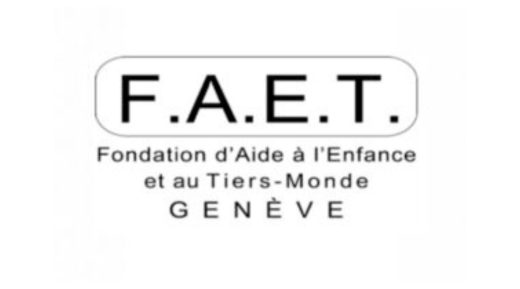Nos programmes
Urgences
Programme actif
Emergency medicine training for general practitioners in countries with limited resources
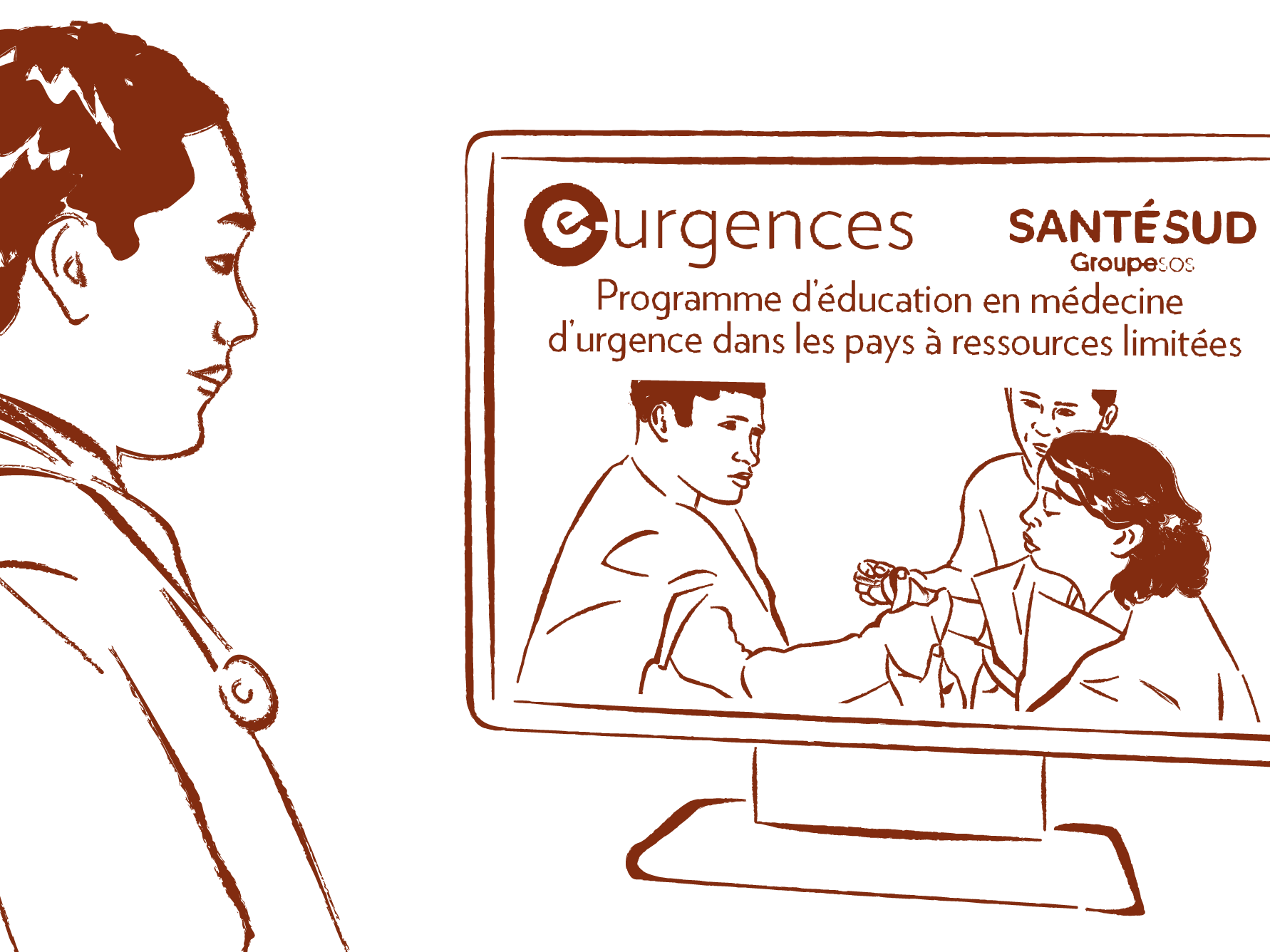
Impact
35
general practitioners trained
in emergency medicine in Madagascar
40
general practitioners trained
in emergency medicine in Guinea
Diagnosis
According to a 2019 WHO report, more than 50% of deaths in low- and middle-income countries are due to conditions that could be treated by pre-hospital or emergency care. However, in these countries with limited resources, and particularly in isolated areas, emergency care is most often provided by non-specialist primary care doctors.
These doctors have to provide first diagnosis and first aid for a variety of pathologies and emergency situations, even though they are not trained to do so. They also have to deal with the limited resources of front-line health centres, which hampers the effectiveness of the treatment that is so necessary in these cases.
Projet
Since 2013, Santé Sud has been developing training in emergency care for doctors working on the front line of the healthcare system, in conjunction with its programmes to provide medical care in rural areas and in response to these challenges. The aim is to improve the quality and speed of decision-making by practitioners in order to improve access to emergency care for people living in isolated areas.
A 2nd edition of the guide to emergency medicine in countries with limited resources, which provides healthcare professionals with the tools they need to deal with medical emergencies while taking account of the resources available in isolated areas, has been drawn up by Dr Etienne Kras, an emergency doctor and technical reference in emergency medicine for Santé Sud programmes. The guide can be consulted free of charge on the Santé Sud website.
Download the guide to emergency medicine
in countries with limited resources
In partnership with the Université Numérique Francophone Mondiale, a 10-module e-learning course has been set up for all doctors likely to have to deal with an emergency situation, taking into account the specific national characteristics of the partner health systems, thus adapting to the level of accessibility to care and the constraints linked to resources.
Finally, practical training in the associated technical procedures. These face-to-face courses are supervised locally by national experts and reinforced by international emergency doctors.
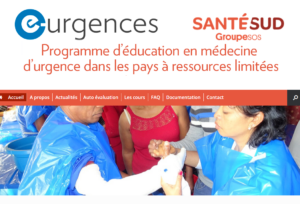
Operational partners
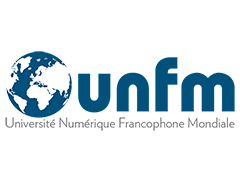
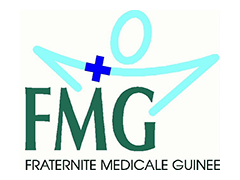
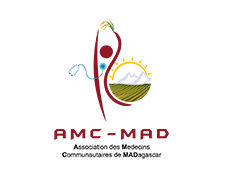
Financial partners
